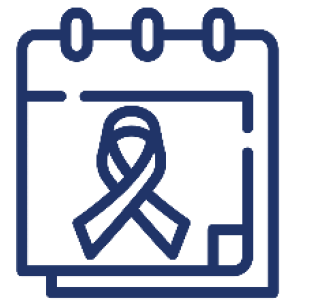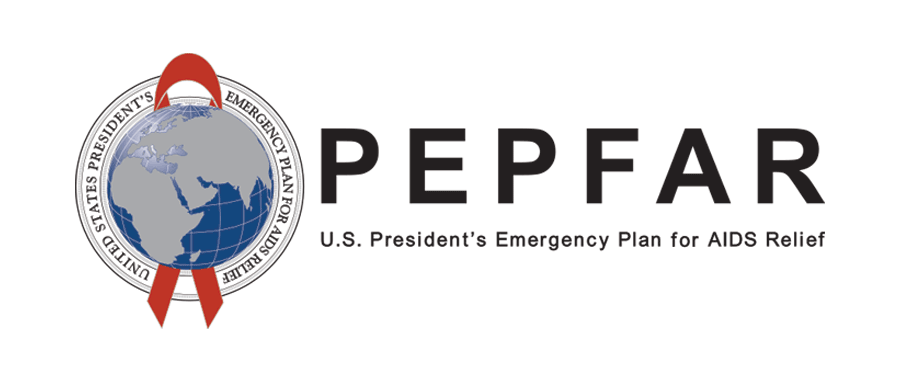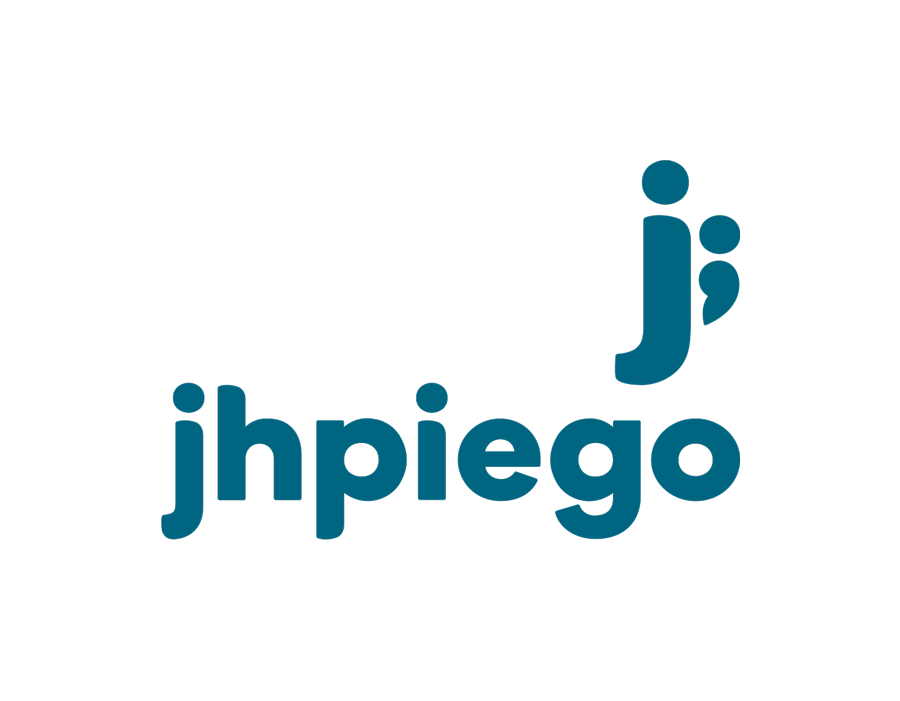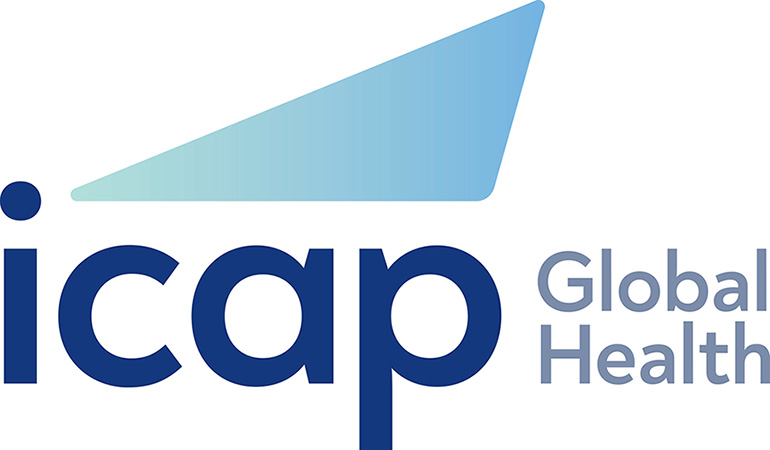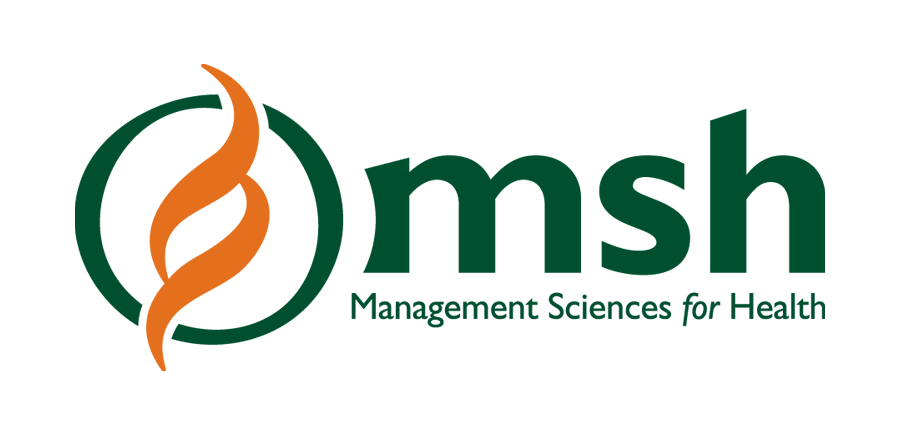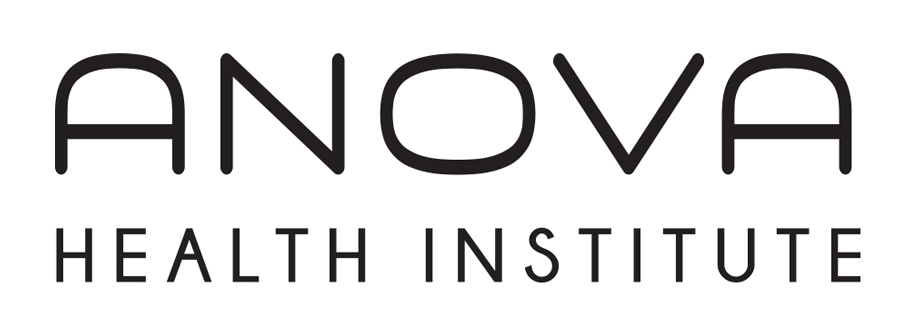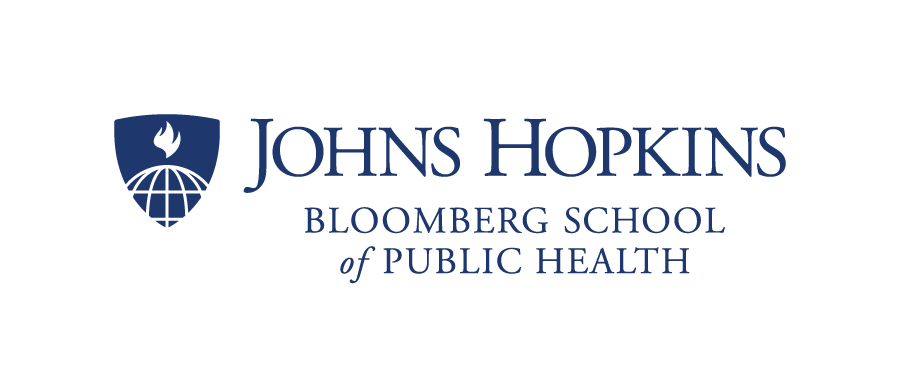
RISE: Reaching Impact, Saturation and Epidemic Control
Saving lives through the control of the HIV epidemic and strengthening global health security
USAID’s Reaching Impact Saturation and Epidemic Control (RISE) program is saving lives and improving health by controlling the HIV pandemic and strengthening global health security to limit the spread of deadly disease outbreaks. RISE uses evidence-based practices from over 20 years of PEPFAR implementation to address critical HIV and global health security priorities. As of September 2024, RISE support ensured: Almost 4,000,000 people— including 931,000 pregnant women—were tested for HIV and about 150,000 people accessed lifesaving antiretroviral treatment (ART), suppressing the virus in about 95% of clients; nearly 14,000 infants underwent early infant HIV diagnosis; over 75,000 health workers were trained in emergency and critical care; and 30,000 health workers were trained to prevent and control the spread of infection in health facilities.

Global Health Security
Capacity building to Prevent, Detect,
and Respond to emerging health threats.
Prevent HIV Transmission with CAB-LA
Provider Training Toolkit on use of Long-acting Injectable Cabotegravir for HIV PrEP
The RISE provider toolkit is a vital resource to introduce CAB-LA to PrEP providers in PEPFAR-supported countries. It is designed to help clinicians learn about and support provision of CAB-LA as a new biomedical HIV prevention option.
Visit Toolkit
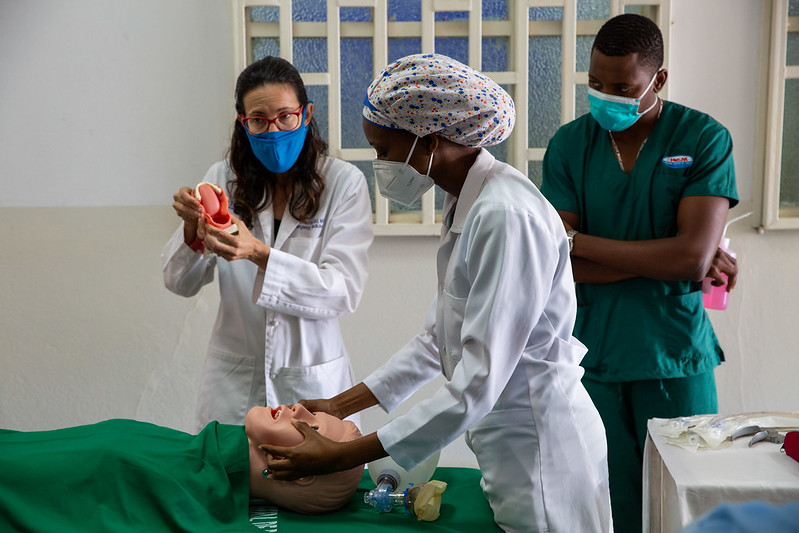
Find resources to respond to public health emergencies
- Basic Emergency Care
- Vaccines
- Oxygen Infrastructure
Visit the RISE COVID-19 webpage for technical briefs, job aides and other resources created by RISE teams across the globe
Our ResourcesOf the approximately 39 million people living with HIV, 1.3 million were newly infected in 2022. An estimated 5.5 million people did not know they were living with HIV in 2022.
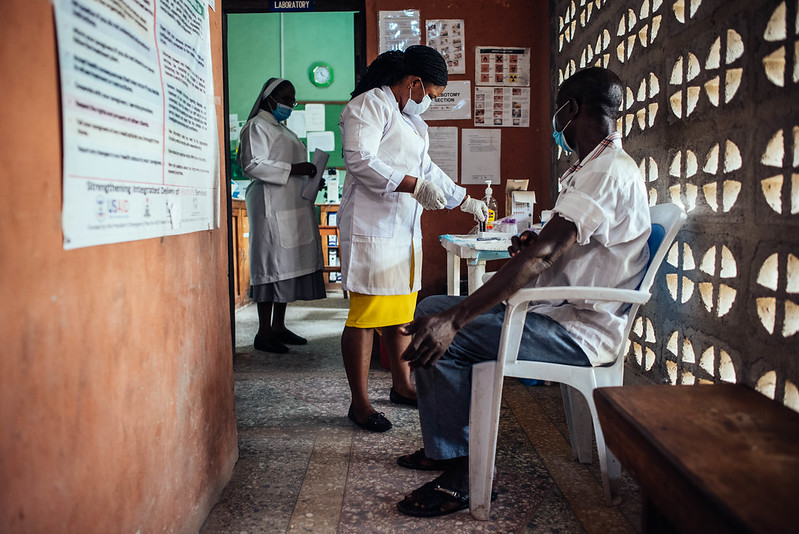
HIV epidemic control
RISE advances HIV epidemic control through prevention, care and treatment. In December of 2022, 29.8 million people were accessing antiretroviral therapy, up from less than 8 million in 2010. New HIV infections have been reduced by 59%, and AIDS-related deaths reduced by 69% since their peak. RISE continues to contribute to this astounding legacy of progress.
Index Testing for HIV Case FindingGlobal Health Security
RISE stands ready to support stakeholders to prepare for and remediate public health emergencies of international concern.
Kenya Leads in Basic Emergency Care Ecuador’s COVID-19 Laboratory Response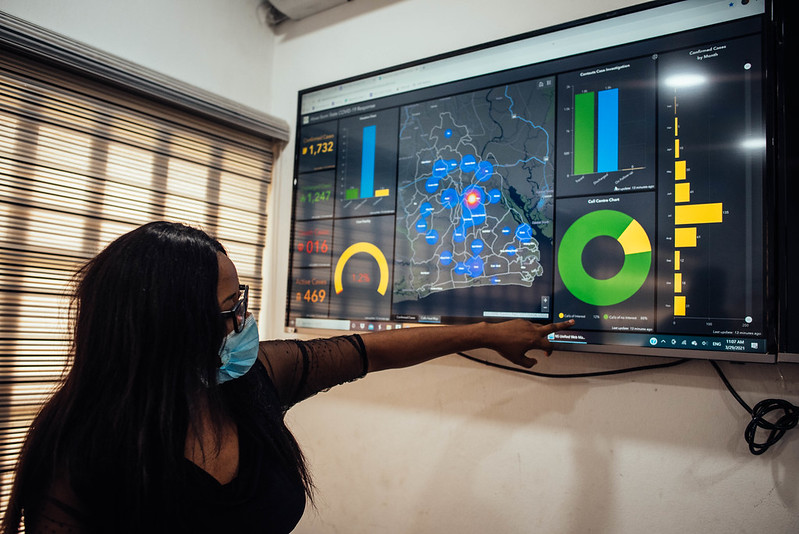
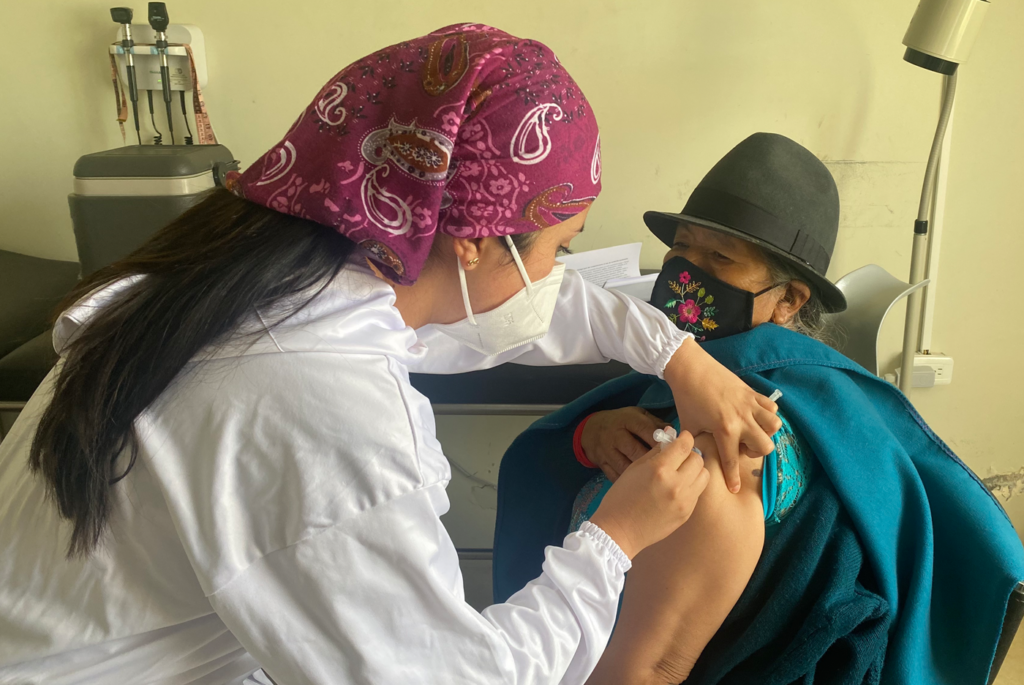
COVID-19
System-focused strategies that are responsive, holistic and flexible in the face of each country’s specific circumstances.
Ecuador Builds Post-COVID-19 Clinics Hypoxia in Emergency Care65% of countries lack a national public health emergency response plan for diseases with epidemic or pandemic potential.
RISE Consortium
RISE is funded with support from the U.S. President’s Emergency Plan for AIDS relief and the American Rescue Plan Act, through the United States Agency for International Development, under the terms of the cooperative agreement 7200AA19CA00003. The contents are the responsibility of the RISE program and do not necessarily reflect the views of USAID or the United States Government.



